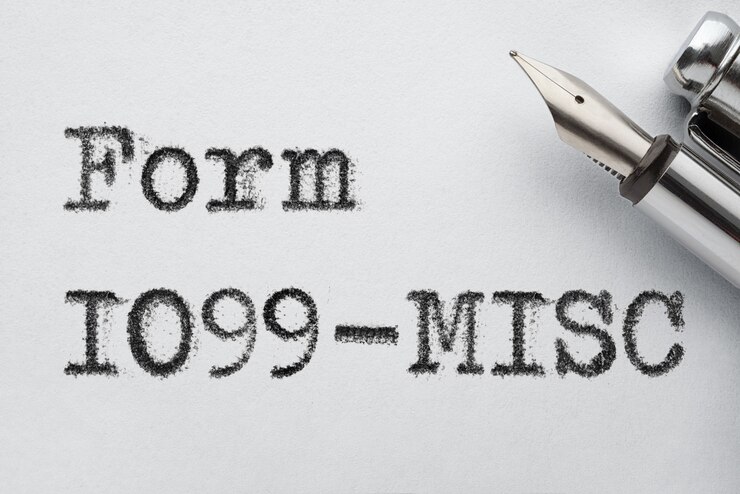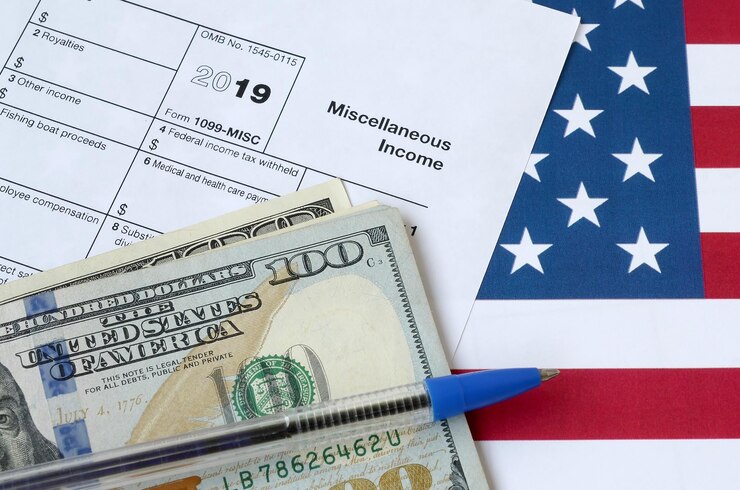Miscellaneous income is any income an individual earns that is subject to income tax but doesn’t fall under the Income Regulations.
Bartering (when no money changes hands), endowment contract earnings, and debt cancellation are all the diverse types of income that fall under the category of “miscellaneous.”
Examples of miscellaneous income include:
- Rent Money
- Royalties
- Payments from other sources (e.g., prizes and awards)
- Financing health and medical costs
- Lawyer’s take (total amount received)
Before 2020, the miscellaneous income also included “non-employee compensation,” which is the money paid to people who work for you but are not your employees. You should use Form 1099-NEC, Nonemployee Compensation, instead of Form 1099-MISC to report payments to independent contractors.
Types Of Miscellaneous Income

The following are examples of miscellaneous income:
1. Rent Money
For example, if you own a business and pay rent to a real estate agent, that counts as miscellaneous income.
2. Royalties
Payments to use property (such as patents, copyrights, etc.) also fall under the miscellaneous income category. Examples of royalties include payment an artist receives when their original songs are played on television or the radio.
3. Other Earnings
Any 1099-MISC payment that does not fall under one of the other established categories falls in the “other earnings” category. Prizes, rewards, and the profits of a deceased worker paid out to a beneficiary are some examples of these payments. We have provided a detailed guide to form 1099 here.
4. Awards and Commendations
You must disclose any money awarded as a reward or prize, e.g., sweepstakes amounts won without involving a wager.
5. Health Care and Medical Payments
Please include the total amount paid to doctors and other medical and healthcare providers as business expenses here.
6. Attorney Fees
Miscellaneous revenue includes payments to attorneys for their legal services.
Reporting Your Miscellaneous Income

Individuals who have received a Form 1099-MISC can use the data included to properly account for money earned from various sources on their federal tax returns. Business owners should also ensure they indicate miscellaneous payments on Form 1099-MISC.
List everything you spent more than $600 on, including meals, gas, and other minor items, and report royalty payments over $10 should also be. Fill out Form 1099-MISC with the relevant details, including the recipient’s identification number and your company’s contact details.
Taxes withheld and excess golden parachute payouts are additional details you can include in the boxes on Form 1099-MISC.
Distribution of Forms 1099-MISC to the appropriate parties follows the completion of the reporting of amounts paid for miscellaneous items as indicated in the applicable boxes.
Use the following steps in reporting:
- Copy A to the Internal Revenue Service
- Copy 1 (if applicable) to the State Tax Commission
- Copy B: For the Intended Recipient
- Copy 2: Write the recipient’s name and file along with the state income tax return
- Archival copy C: for your records.
You can file a 1099-MISC with the IRS either by mail or electronically. The deadline for sending out 1099-MISC forms to recipients is January 31st each year. You can also send your paperwork to the IRS by March 31 for electronic filing) or February 28 for paper filing.
Read Also:




























